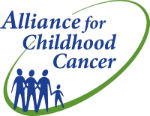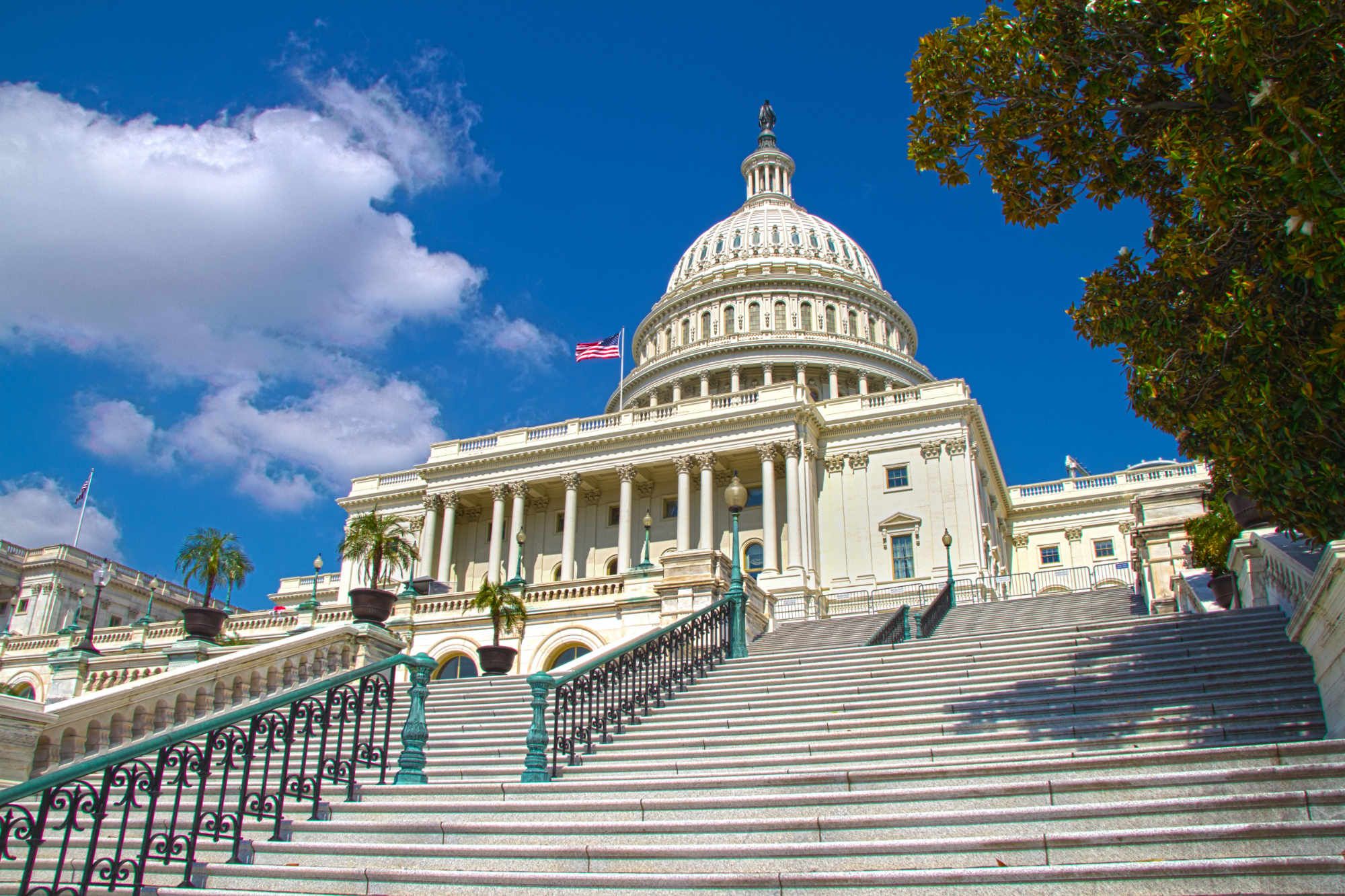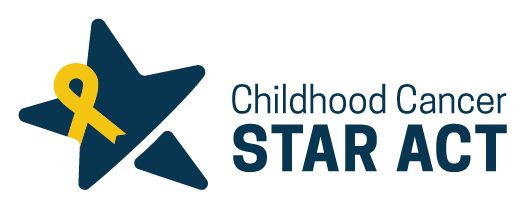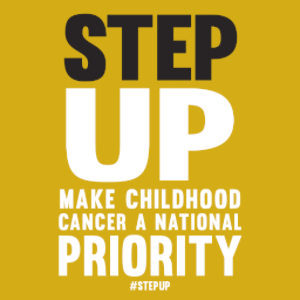Alliance for Childhood Cancer Letter to FDA RE: Response to Request for Comments following Public Workshop on Complex Issues in Developing Drug and Biological Products for Rare Diseases
Division of Dockets
Management (HFA–305), Food and Drug
Administration, 5630 Fishers Lane, Rm.
1061, Rockville, MD 20852
Docket No. FDA–2013–N–0985]
10 March 2014
Ms. Leslie Kux,
Assistant Commissioner for Policy.
The undersigned organized organizations representing the Alliance for Childhood Cancer (the Alliance) respectfully write in response to the FDA’s request for comments following the January 2014 public workshop on complex issues in developing drug and biological products for rare diseases.
The Alliance, representing more than thirty national cancer patient advocacy groups and professional medical and scientific organizations, applauds the FDA’s action in holding this workshop with patient advocacy stakeholders addressing critical issues related to drug development. We encourage FDA to continue partnering with stakeholders through such forums in pursuing strategies aimed at stimulating and accelerating pediatric cancer drug development and approvals for new, safe, and effective treatments addressing the needs of children diagnosed with cancer.
Cancer remains the leading cause of disease-related death in children ages 5-14 (second only to unintentional injury), with an alarming 1 in 285 children diagnosed before the age of twenty.1 The FDA Safety and Innovation Act (FDASIA) created a new opportunity to kick start pediatric cancer drug development in the United States, and the Alliance supports FDA’s patient focused drug development initiatives to engage patient voices in direct conversations about what new treatments are desired and how patients can play a critical role in clinical trials. We encourage the FDA to consider including pediatric and young adult cancer as a specific disease area for this patient focused drug development initiative.
The FDA’s January workshop offered an important opportunity to hear and share stakeholder input, and several Alliance members in attendance appreciated the FDA’s efforts to provide diverse viewpoints on the panels and to hear from all stakeholders. Going forward the Alliance urges the FDA to continue engaging a broad range of key stakeholders in efforts to create a strategic plan for rare disease drug development. We also encourage the FDA to consider the distinct issues inherent to pediatric cancers that may be different from other rare diseases. Toward this end we offer the following comments:
2) Continue flexible approach in addressing risk-benefit for pediatric cancer drug development.
During the workshop participants discussed their thoughts on acceptable risk levels and considerations in the context of conducting clinical trials for potentially curative or diseasemodifying therapies. Balancing risk and benefit is always essential, but requires flexibility because risk tolerance can often vary considerably depending on the disease. Such flexibility is particularly relevant in the context of pediatric cancer, where treatment toxicities and their long term implications are a significant concern that must be weighed alongside the treatment’s potential therapeutic benefit.
As drug development targets smaller patient populations by disease, and even by molecular subtypes, we encourage the FDA to adopt appropriately flexible risk-benefit policies that ensure safety and effectiveness while also making allowances for the risks inherent in conducting wellcontrolled and adequate cancer clinical trials that provide the maximum opportunity to determine whether the investigational treatment delivers its desired anti-cancer therapeutic effect.
3) Prioritize enhanced pediatric cancer clinical trial endpoints development.
Overall survival remains a central endpoint in therapeutic cancer clinical trials. However, cancer treatment toxicities and their long term implications in terms of side effects and late effects that significantly interfere with patient and family quality of life are now well documented, i ii iii indicating an imperative to also foster pathways for the development of drugs and biologics that minimize these adverse effects.
Treating the pain, symptoms and stress of cancer is as important as treating the cancer. Pediatric cancer patients, survivors and their families want and need treatments that minimize their suffering and help them maintain their ability to think, feel, grow and have the highest quality of life possible. The Alliance urges the FDA and the clinical research community to work together in establishing expanded and enhanced metrics for endpoints that reflect these quality of life priorities and more integrated care as part of therapeutic and other pediatric cancer trials. Established measures for validating endpoints in registered clinical trials can help bring clarity to sponsors seeking approval for clinical benefits that extend beyond just overall survival to also reflect these quality of life concerns.
4) The FDA should work with a broad range of stakeholders including industry and patient advocacy groups to determine where harmony is needed between FDA and European Medicines Agency (EMA) policy regarding pediatric drug development plans as well as other incentives and requirements.
During the workshop there was robust discussion about on-going conversations between the FDA and EMA regarding required pediatric investigational plans (PIPs) in Europe and the pediatric study plans (PSPs) in the U.S. The conversations were a reminder that pediatric cancer drug development is a global enterprise. The patient advocacy community is aware that the regulatory incentives in the U.S. and EU play a significant role in industries’ calculus about the development of pediatric cancer drugs. The Alliance would like to pursue an active role in these conversations.
5) Amend the Pediatric Research Equity Act to include a special rule for oncology drugs.
As currently structured, PREA only requires pediatric studies for drugs that are indicated for diseases observed in both adults and children. Common adult cancers – breast, colon, lung and prostate cancer – do not occur in children. Thus companies receive an immediate waiver from PREA requirements for virtually all new oncology drugs, even when these drugs may prove important for a range of childhood cancers.
In order to strengthen the requirement that new drugs should be studied in children with cancer, we urge the FDA to adopt a modifying proposal that encourages the conduct of pediatric oncology studies when there is a pediatric-relevant target or pathway included in the product label for a new adult oncology drug.
We believe that this proposed modification to PREA could significantly accelerate the development of new therapies for children with cancer, providing children and their families with safer and more effective treatments
About the Alliance for Childhood Cancer
The Alliance for Childhood Cancer, “Alliance,” represents 29 national patient advocacy groups and professional medical and scientific organizations. The Alliance was established in 2001 to advocate on behalf of the youngest patients of cancer. Patient advocates, many of whom are either cancer survivors themselves or are parents of children with cancer, are joined by oncology professionals and others representing the multidisciplinary spectrum of cancer care in a unique alliance that brings concerned parties together to advance the interests of children with cancer. The mission of the Alliance is to provide a forum of national patient advocacy groups and medical and scientific organizations which meets regularly, shares ideas and concerns, and works collaboratively to advance research and policies to prevent cancer, and improve public education, and the diagnosis, treatment, supportive care and survivorship of children and adolescents with cancer.
Sincerely,
American Brain Tumor Association
American Childhood Cancer Organization
American Cancer Society Cancer Action Network
American Society of Clinical Oncology
American Society of Pediatric Hematology/Oncology
Association of Pediatric Oncology Social Workers
B+ Foundation
Children’s Cause for Cancer Advocacy
Children’s Oncology Group
Curesearch for Children’s Cancer
Leukemia Lymphoma Society
National Brain Tumor Society
National Coalition for Cancer Survivorship
Sarcoma Foundation of America
Society of Pediatric Psychology
St. Baldrick’s Foundation
1 Cancer Facts and Figures, 2014 Special Section, http://www.cancer.org/acs/groups/content/@research/documents/webcontent/acspc-041787.pdf
i Oefffinger KC, Metens AC, Sklar CA, et al. Chronic Health Conditions in Adult Survivors of Childhood Cancer.
N Engl J Med 2006: 355:1572-82.
ii Wolfe J, Grier HE, Klar N, et al. Symptoms and suffering at the end of life in children with cancer. N Engl J
Med 2000; 342:326-333.
iii Hudson MM, Ness KN, Gurney JG, et al. Clinical Ascertainment of Health Outcomes Among Adults Treated for
Childhood Cancer. JAMA 2013: 309(22):2371-2381.



